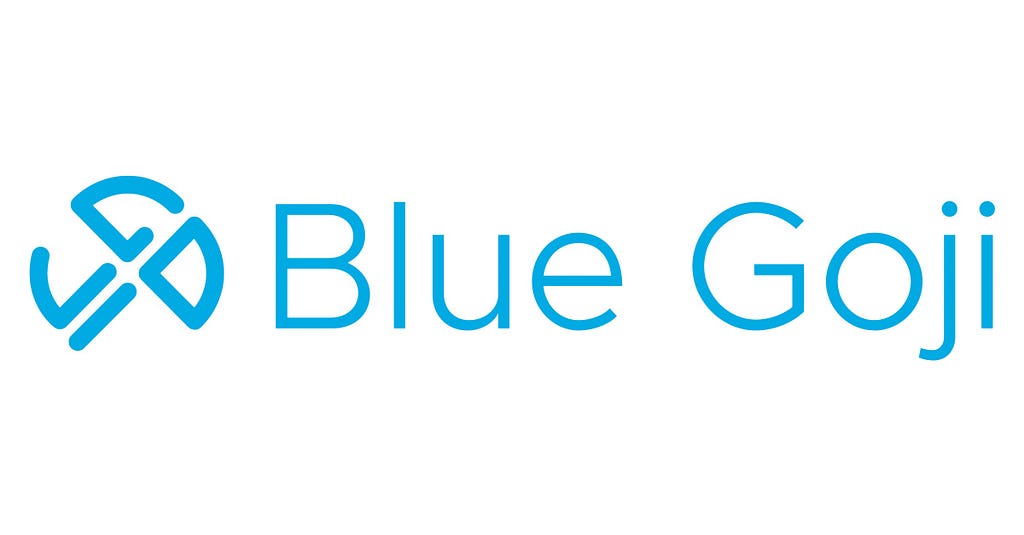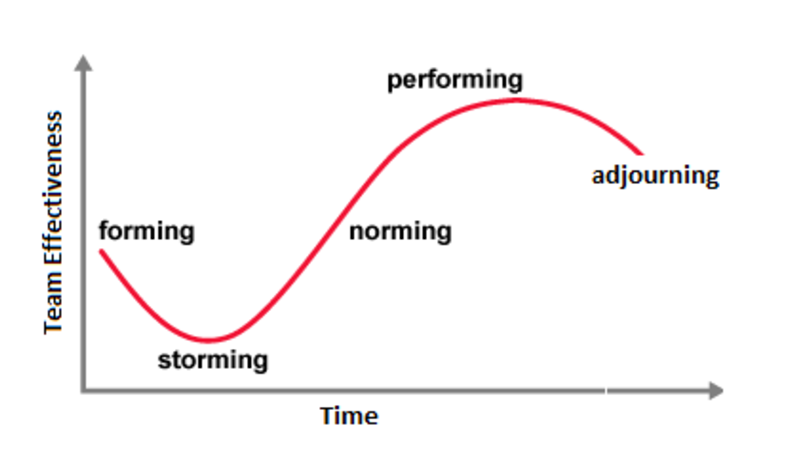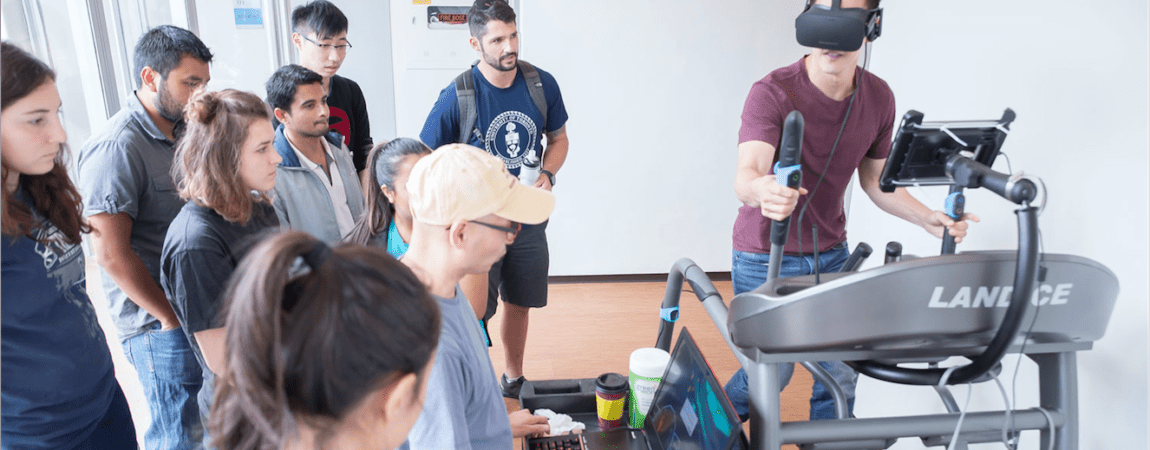Capstone in real-time: Following the journey of the 2020–21 Blue Goji team and establishing task interdependence
Every year, Berkeley Master of Engineering candidates embark on a two-semester capstone experience where they work with faculty or industry partners to bring solutions to life with engineering skills and leadership practices. The capstone experience program references the five stage model of team development to emphasize that certain challenges are more likely to happen at particular junctures in the team development process.


First challenge: Establishing task interdependence
At the beginning of the project, or the “forming” stage of team development, the Blue Goji team decided to take a “divide and conquer” approach with the capstone project. They paired up and established sub-teams—one for game development (Gaming Team) and one for user experience/testing (Data Team). Derek and Xinshuo developed the VR games, while Anna and Calvin determined the testing parameters. The team made this organizational decision based on existing experiences, skills, and interest with the respective content area. This being said, the teams discovered that working in sub-teams also led to them being “siloed” when it came to communication and collaboration. The sub-teams worked separately and did not keep track of each other’s progress. This became an issue as the semester progressed. Due to campus closures, the Data Team encountered a “pain point” where they were unable to access the usual equipment for user testing and data collection. Initially, the Gaming Team was unaware that this lack of access prevented the Data Team from passing over necessary data for the next iteration of the game. Both teams came together and were able to mitigate this communication challenge with…Key decisions in establishing *task interdependence*:
- Set up recurring meetings where *all* team members and advisors were present. Regular communication was helpful for maintaining alignment throughout the project.
- Identify the MVP (minimum viable product) deliverables in advance for each sub-team.
- Maintain communication with the other sub-team; update each other on the progress of assigned deliverables and troubleshoot issues when they arise.
Downstream effects:
Through pivoting their initial approach, the sub-teams were able to expedite data collection and move the project forward in sync with each other’s tasks. Next: Read about how the Blue Goji team found a work-around their resource constraints→ Connect with the 2020–21 Blue Goji MEng capstone team: Anna Wolfe (ME), Calvin Shih (ME), Derek Ho (ME), Xinghsuo Yan (CEE) Compiled and edited by the Fung Institute team.Blue Goji capstone team: Navigating task and project development (1/3) was originally published in Berkeley Master of Engineering on Medium, where people are continuing the conversation by highlighting and responding to this story.





